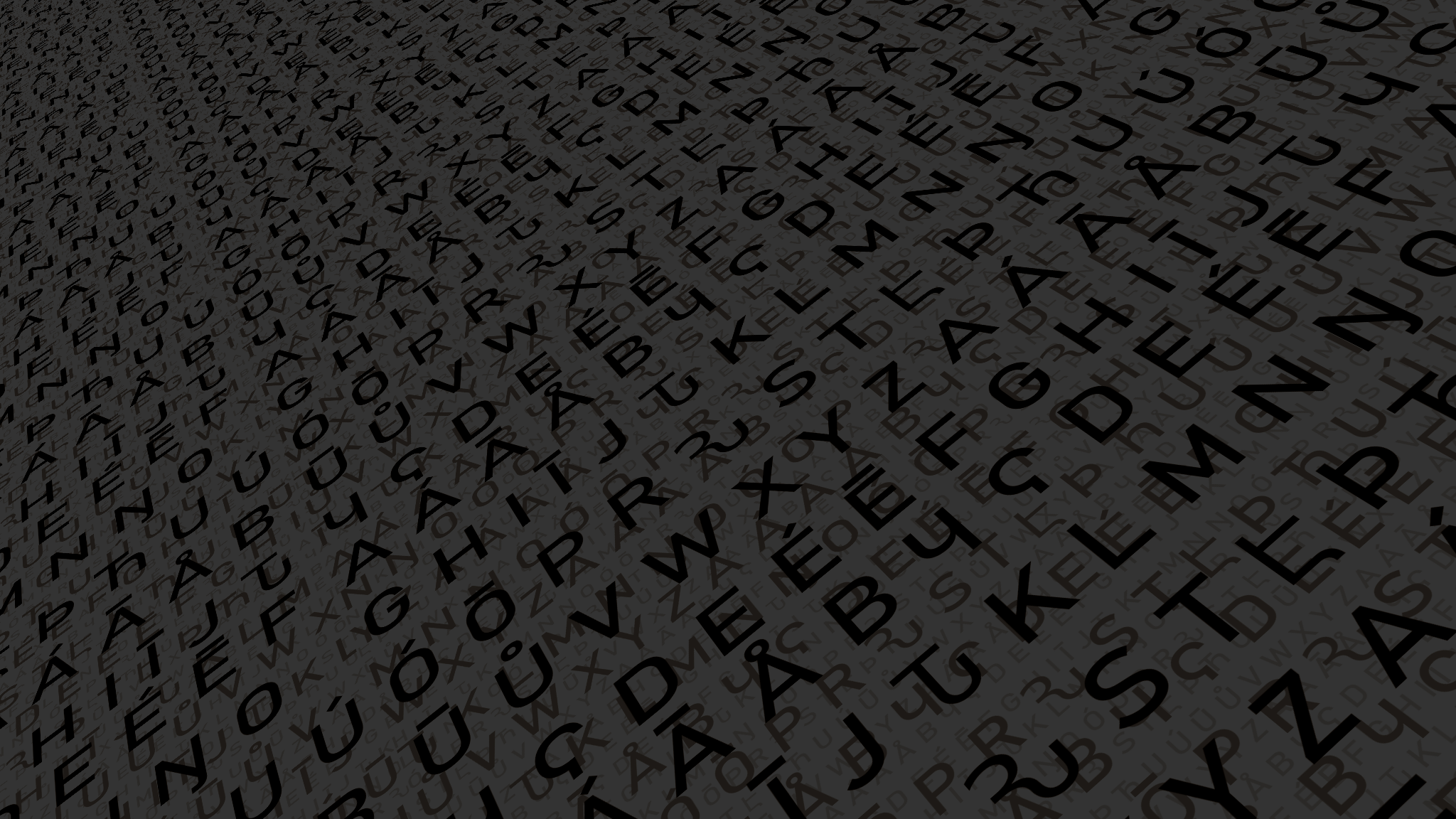
Why Postmodern English?
“Writing in English is the most ingenious torture ever devised for sins committed in previous lives. The English reading public explains the reason why.”
-James Joyce, author of Ulysses
Standard English Writing:
A Towering Pile of Problems
Anyone who speaks English as a native language is most likely comfortably familiar with English writing, but most of us don’t stop to consider why English writing is like it is. When we do look into the finer details though, we begin to see the bigger picture of how broken it really is. Here are just some of the problems that are commonly encountered:
Silent letters. Everywhere.
The e in fine, the g in sign, the p in pneumonia, and the h in hour. Silent letters are littered all throughout standard English, and they can be a nightmare when trying to read unfamiliar words. Why use them at all?
Spell it out, or not.
How is it that the “oo“ in book and pool make two different sounds? The “ch” in cheese versus chef? The “th” in thin versus the “th” in these? How would anyone know how a word is pronounced without first hearing it?
How does C work exactly?
Does C make a sound like an S, or like a K? There's coffee and cake, but then there's also cereal and certainty. Sometimes it sounds like K, and sometimes it sounds like S. Why are we using this letter, given how vague it can be?
Errr…
What do the words herd, bird, worm, turn, earth, and iron all have in common? All of them have that “errr” sound in the middle, but here we can see that the same sound is spelled in six different ways. Next time you need to spell a word with this sound, you might be thinking “errr” yourself. Or “urrr”. Or “rooo”…
Double and nothing.
Many words like cheddar, wobble, and committee have doubled letters used in them, but why? The D’s in cheddar still make the standard D sound, and the B’s in wobble and the Ms in committee still sound like standard B’s and M’s respectively. What’s the point?
Q? Not so quick.
Q as a letter is almost always paired next to a U, to make the sound heard in words like queen and quilt. The sound the Q makes is exactly the same as K in such cases, and the U makes a W sound after Q. If “qu” always makes the same sound as “kw” would, why does the letter Q need to exist in the first place?
This list doesn’t nearly cover everything- there are plenty of other issues that exist in standard English spelling. Check out this video for some more examples of these common problems:
Postmodern English Writing Offers A Solution
When the same passage is written in Postmodern English (right) versus in standard English (left), it takes up 18% less space on average, saving you time and effort. When applied to many pages, this difference can quickly add up. Plus, spelling is now highly consistent with spoken sounds.
Postmodern English:
A Better Way to Write
With all the problems of standard English, it's no surprise that improvement is desirable. With The Postmodern English Project, we strive to address as many of these language pain points as possible to make a faster, cleaner, and more consistent language. Where you come in, of course, is helping us to create the Postmodern English dictionaries needed for this project, which can be used freely by anyone in the world. If you're in, get started now, or join us in the effort today. We hope that you’ll choose to make a difference.
